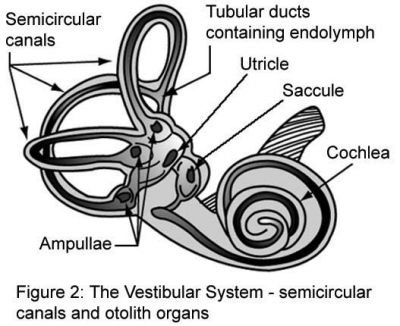
The vestibular system helps vertebrates ascertain body position in space and maintain postural equilibrium. Its function is also linked to regulation of the cardiovascular system, the circadian rhythm and bone mineralisation, and EU-funded scientists are unravelling the connections.
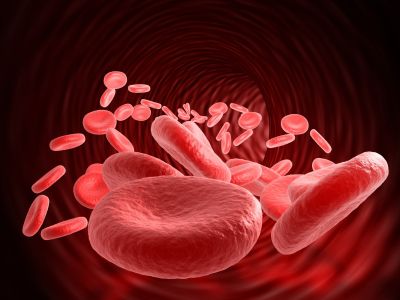
The complex molecular and cellular interactions that take place during development are poorly understood. Using zebrafish as a model organism, European researchers studied how blood flow affects embryo development.
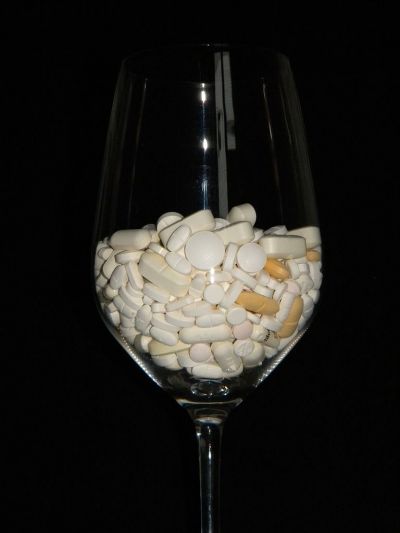
Nano-scale devices made from polymers and polyelectrolytes (polymers with ionisable side groups) are gaining widespread interest for controlled and smart drug delivery. Scientists investigated poorly understood transport mechanisms to aid development.

Expressions such as 'give my right arm' or 'right-hand man' highlight the importance of limb movements in daily activities. Injuries, disease or ageing can affect our movement, which in turn negatively impacts our quality of life.
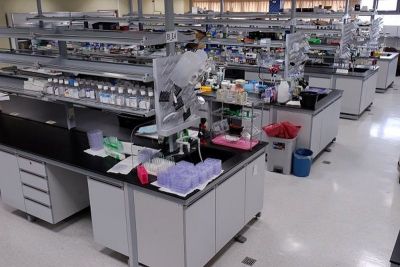
Combining worldwide expertise on micronutrients relevant to human health with wiki-based information sharing could help prevent disease.
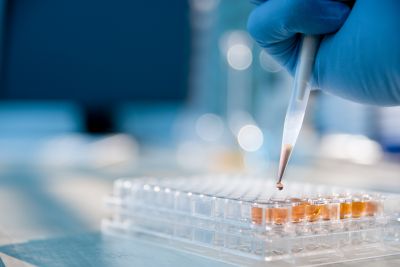
Transition from fossil-based raw materials to renewables is a key challenge for the coming decades. An EU-funded project is developing sustainable routes to functional materials for various polymer applications.
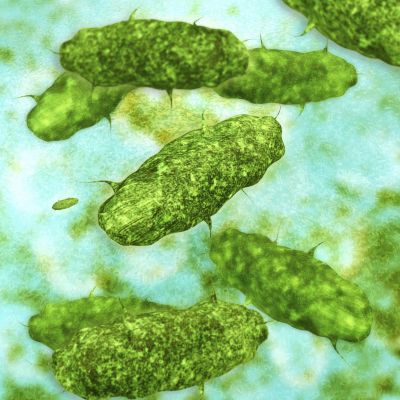
The recent breakthrough applications of the CRISPR/Cas bacterial immune system urged European scientists to study its features in-depth.
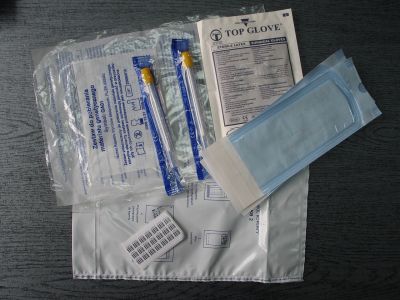
An EU-funded project is developing a nano-scale device that will stretch out a single DNA molecule inside a nanochannel. It will enable its visualisation without using fluorescent markers for pioneering single-molecule sensing.
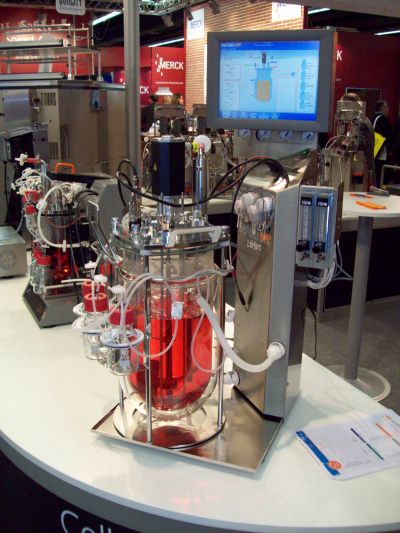
Using biotechnology in industrial processes is one of the most promising ways to reduce pollution, resource waste and costs while opening new product markets. An EU-funded study is identifying barriers to uptake in order to knock them down.
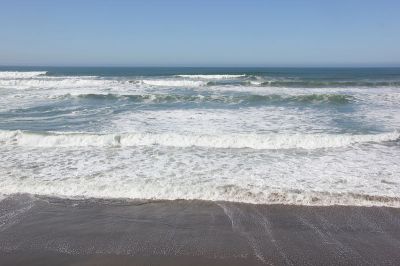
Biodiversity in the world's oceans is much greater than that on land, but surprisingly little is known about our planet's underwater biological resources. An EU-funded project is therefore studying the potential of marine microbes for industrial biotechnology.
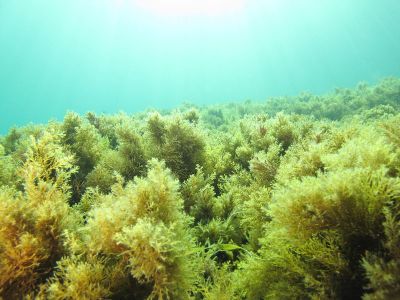
Deep-sea habitats are increasingly under threat from the impacts of human activities such as trawling and pollution. European marine scientists therefore investigated the relationship between seafloor geology and biodiversity to develop effective maps of deep-sea ecosystems.
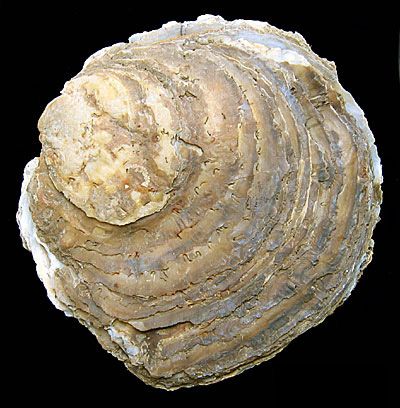
The role of phenotypic plasticity (PP) in driving the genetic evolution of a species has attracted much interest. An EU initiative studied a non-native marine species to determine if PP facilitates genetic evolution.
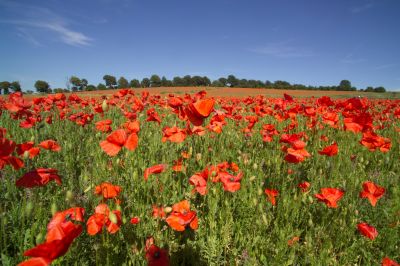
In the last 20 years, nitric oxide (NO) has been identified as an important chemical messenger in plants. Using a combination of biochemical and bioinformatics approach EU-funded research has identified thousands of potential target proteins and specific binding sites, opening the door to tests of function.
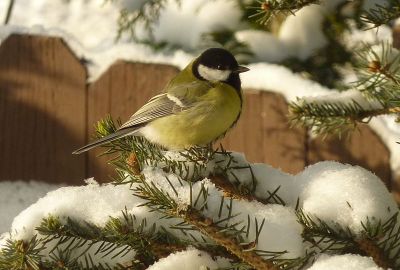
Researchers have investigated the genetics involved in successfully passing on genes that may benefit one sex and disadvantage the other.
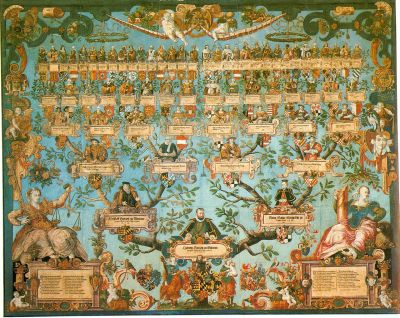
Thanks to an EU-funded project, evolutionary scientists are improving the tools that reveal complexity in family histories.
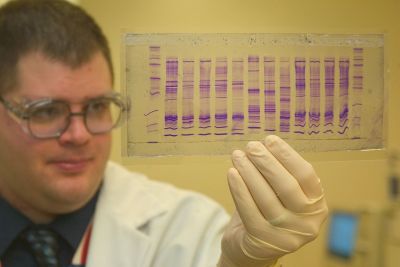
Transcription is the first step in transformation of the DNA code into actual molecules. Nature has equipped DNA with a system of checks and balances to ensure that transcription is well-regulated, and scientists are elucidating relevant structures.
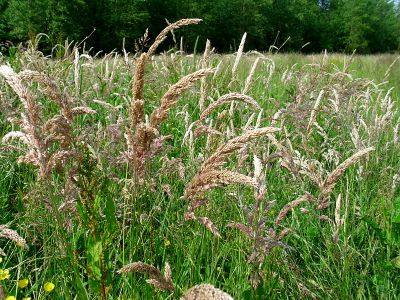
Researchers are studying a new type of chromosome to better understand how it influences speciation and evolution.
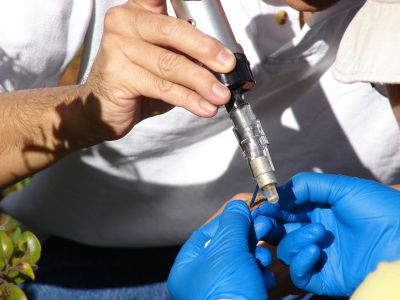
Researchers are revealing key areas for improvement in the manufacture of bioproducts.
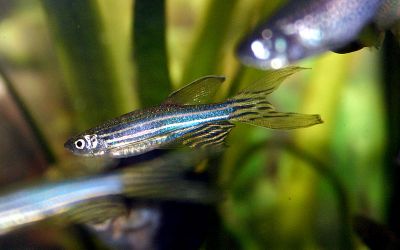
A European research team used zebrafish as a model organism to investigate how neurons develop with a specialised cover known as myelin.
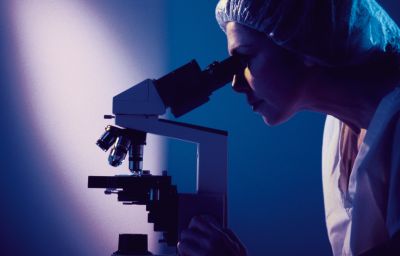
Trypanosomiasis, also known as African sleeping sickness, is a fatal infection caused by the parasite Trypanosoma brucei. A European study investigated how Trypanosoma brucei evades immune attack.

The circadian or body clock is a 24-hour cycle that regulates various physiological processes. Understanding how circadian oscillations extend to metabolism was the subject of a European study.
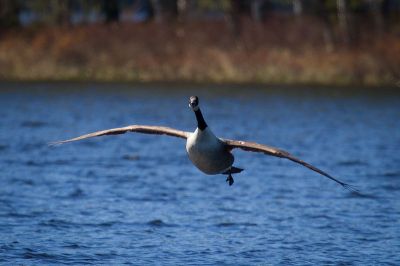
Scientists studied traditionally Arctic-breeding geese that managed to reproduce successfully in new temperate regions. They investigated physiological trade-offs that the geese make to thrive in Arctic vs. temperate Central Europe habitats.
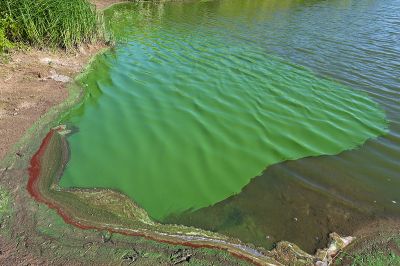
Phytoplankton form the basis of the oceanic food web and sustain themselves using sunlight for photosynthesis and nutrients from the surrounding water. However, a rapid increase in phytoplankton can result in harmful algal blooms (HABs) that release toxins into the marine environment.
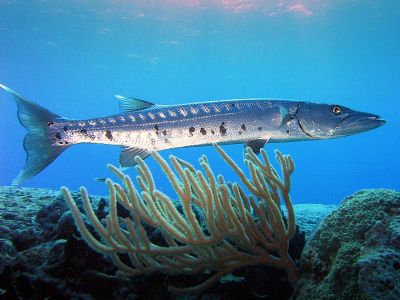
A recent research project has investigated whether invasive fish species can influence native species through pheromone signalling.
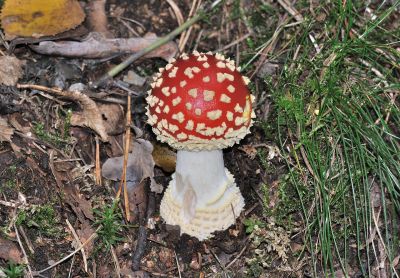
AN EU-funded project has studied the genetics of a common fungus to find evidence of speciation driven by environmental changes.























